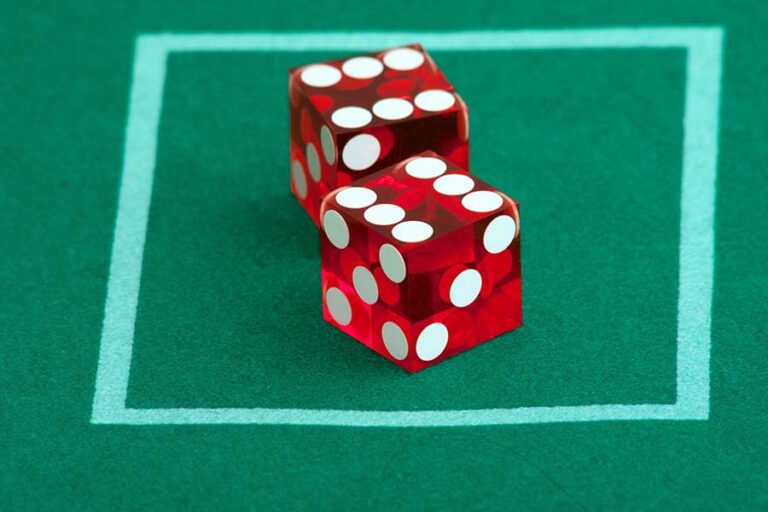Sandhedrin 25
Discussing the disqualification of gamblers, the Gemara explains that betting is considered a form of theft because the gambler doesn’t fully commit to losing, leading to a sense of theft when the winners collect their winnings. The psychological tendency to overestimate one’s chances is highlighted, known as the Dunning-Kruger effect.
Research by Dunning and Kruger shows that unskilled individuals tend to overestimate their abilities, while skilled individuals underestimate their abilities. This bias can have implications in various areas, including professions where high skill levels are crucial.
While optimism is important, being realistic about one’s limitations is equally essential. Understanding one’s blind spots and the ability to assess deficiencies accurately is crucial for personal growth and success.
False Testimonies, Real Trauma:
PTSD And Divine Justice In Halacha
Sandhedrin 27
Exploring the halachic and hashkafic implications of conspiring witnesses, the Gemara discusses the unique punishment for false witnesses. The unpredictability of this law makes it challenging to make extrapolations beyond the literal statements.
Rav Yisrael Salanter’s psychological insight suggests that payment to victims is essential in cases of false testimony to inflict the same pain the victim would have suffered. This aligns with modern research on trauma, indicating that interpersonal trauma leads to higher rates of PTSD compared to non-interpersonal trauma.
Understanding the impact of trauma on a person’s sense of safety is crucial, especially in cases of interpersonal harm. Recognizing and addressing the emotional impact of trauma is essential for healing and recovery.


